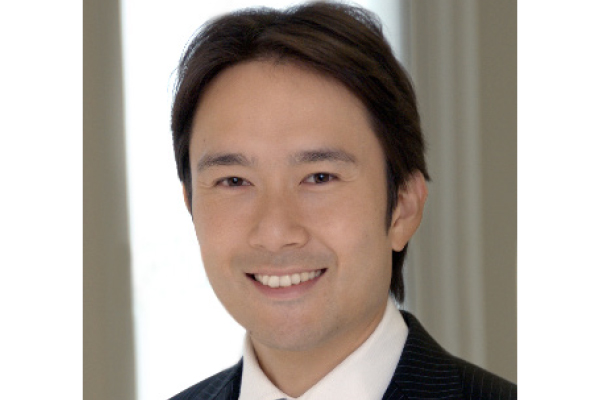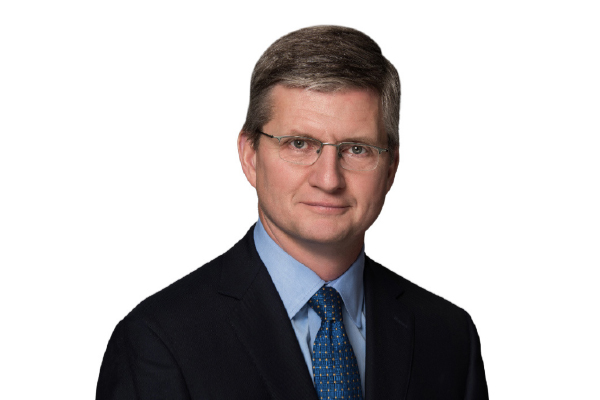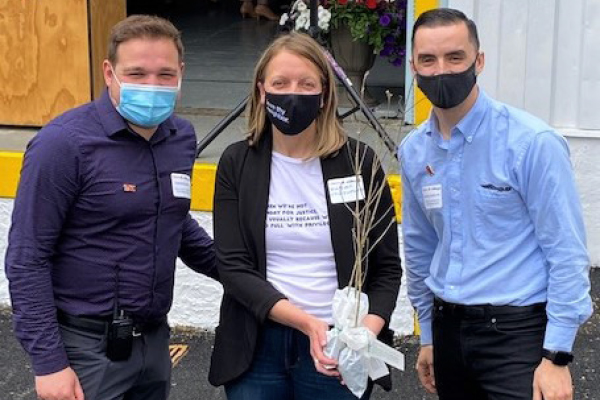
Westchester Medical Center in Valhalla is the first hospital in New York state to transplant a heart with the assistance of portable medical technology that keeps the donor heart pumping blood after its procurement. Currently, nearly 10,000 New York state residents are in need of an organ transplant and each year, more than 500 state residents die while waiting on an organ transplant waiting list, due to a lack of donated organs.
Typically, cardiac transplant surgeons secure still-beating hearts from donors who have an irreversible loss of brain function. Donation-after-circulatory-death (DCD) is also possible, however the clinical complexity of procuring a heart and keeping it viable for transplant after circulatory death have limited the practice and as a result, lessened the number of hearts available for transplantation.
The medical technology now in use at Westchester Medical Center”“ the TransMedics® Organ Care SystemTM ”“ keeps the heart beating and perfused with warm blood throughout transport. Circulating blood through the heart makes the organ less likely to sustain damage during procurement. This also permits the transportation of donor hearts over longer distances, thus increasing the number of available donor hearts.
Referred to by its manufacturer as “heart in a box,” the device has the potential to increase the number of hearts donated after circulatory death, a development that would improve overall donation rates and increase the number of transplantable organs.
“Right now there are men and women awaiting a heart for transplant at Westchester Medical Center because they are too ill to wait at home,” said Masashi Kai, M.D., surgical director of Heart Transplantation and Mechanical Circulatory Support and the physician who leads the donation-after-cardiac death transplant initiative.
The cardiothoracic surgeons and heart failure cardiologists at Westchester Medical Center have decades of experience in heart transplant surgery and the surgical management of heart failure. The program consistently ranks in the top 15% of heart transplant programs in the world, in terms of volume.






















